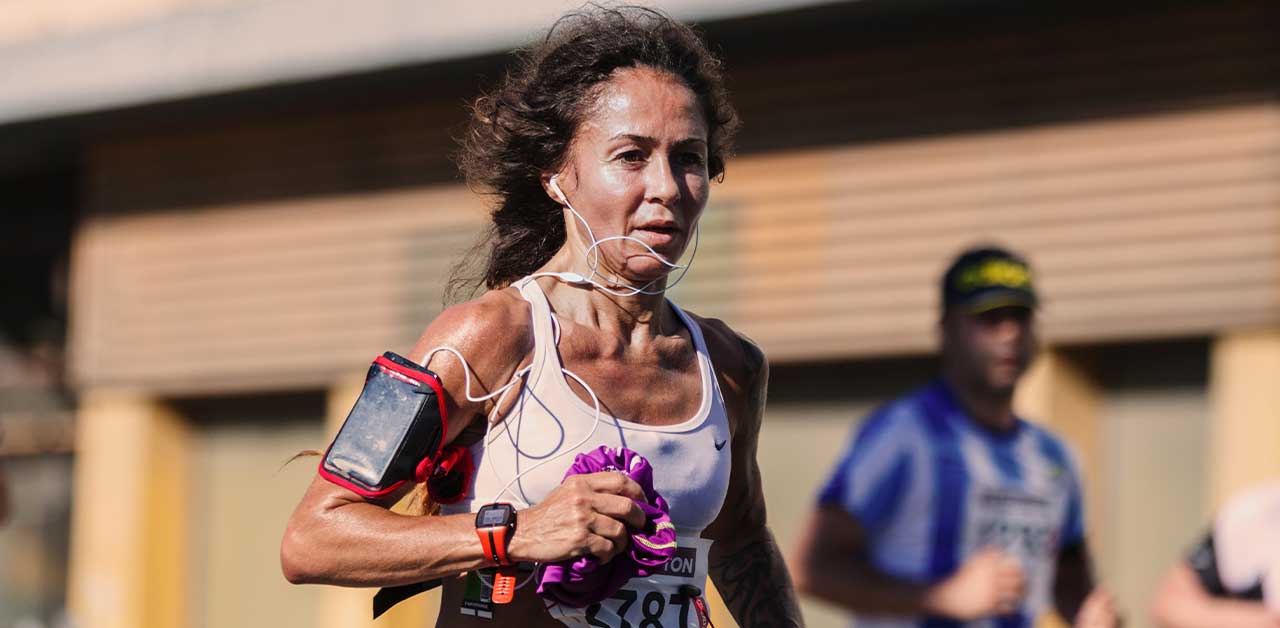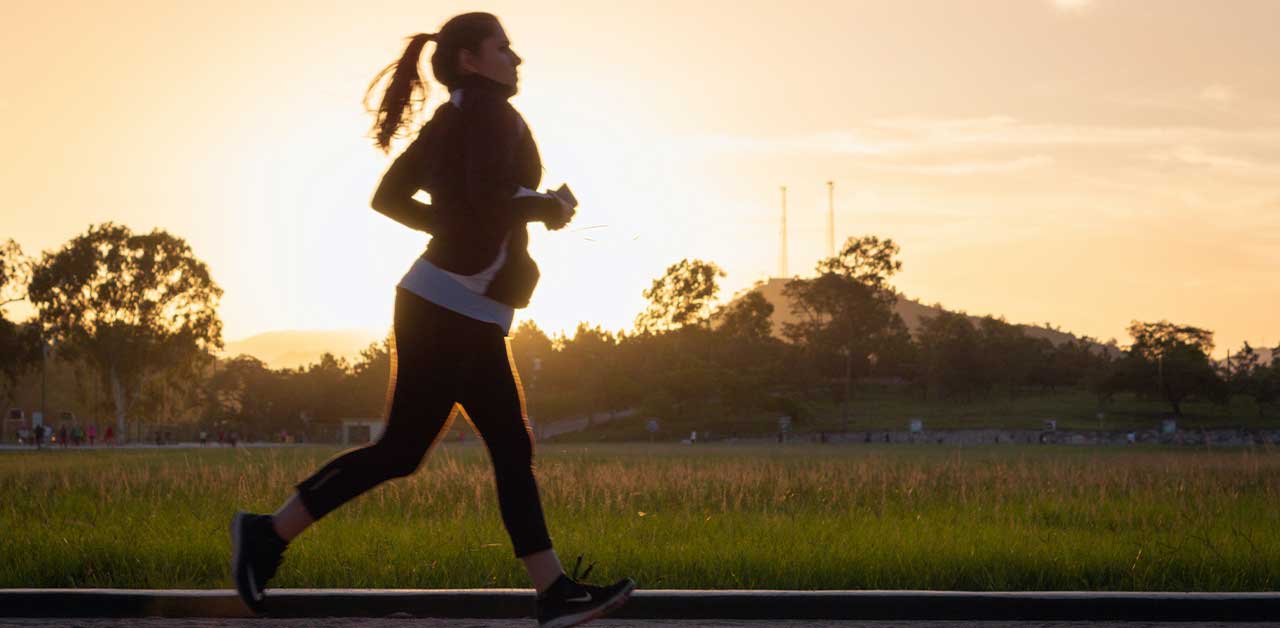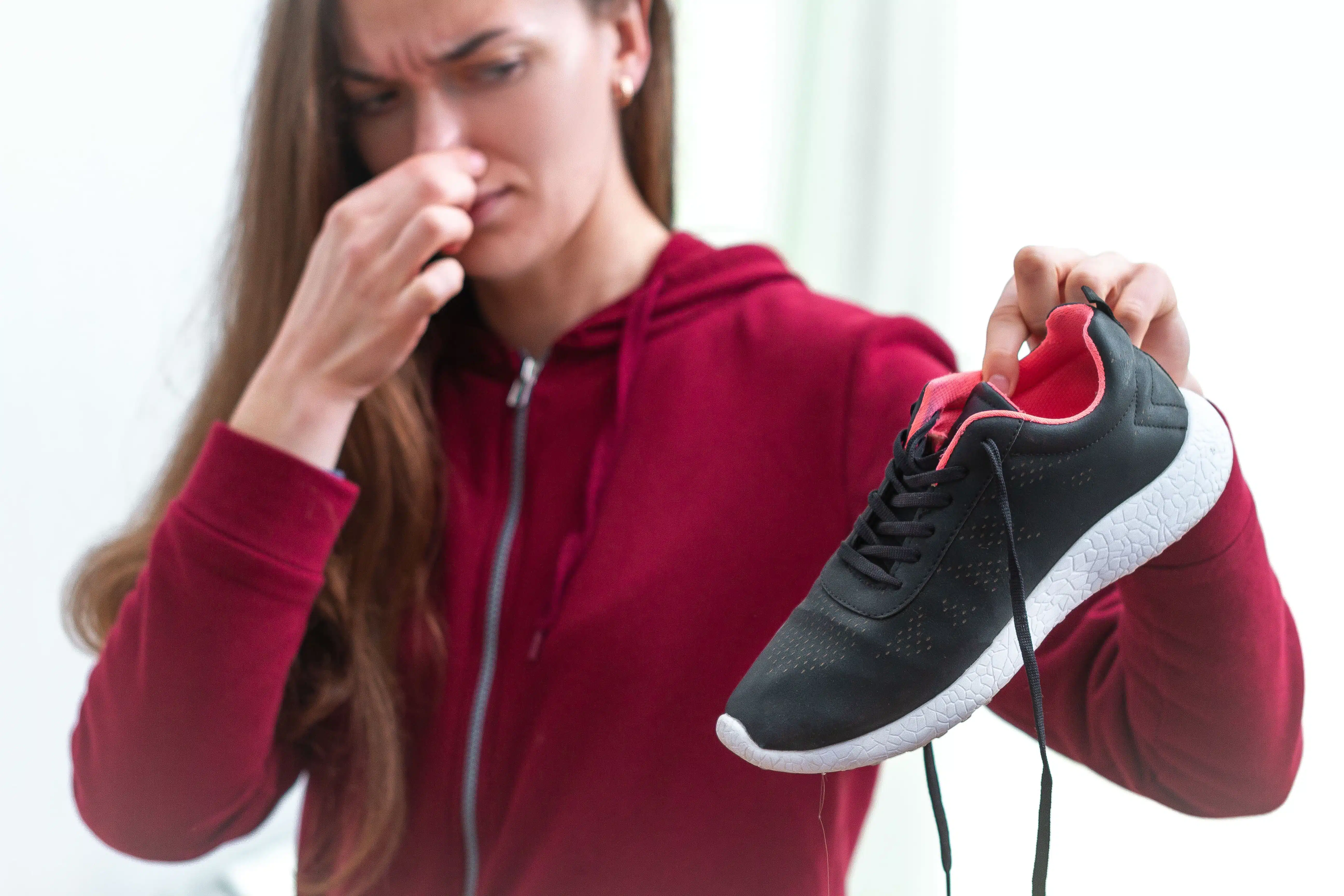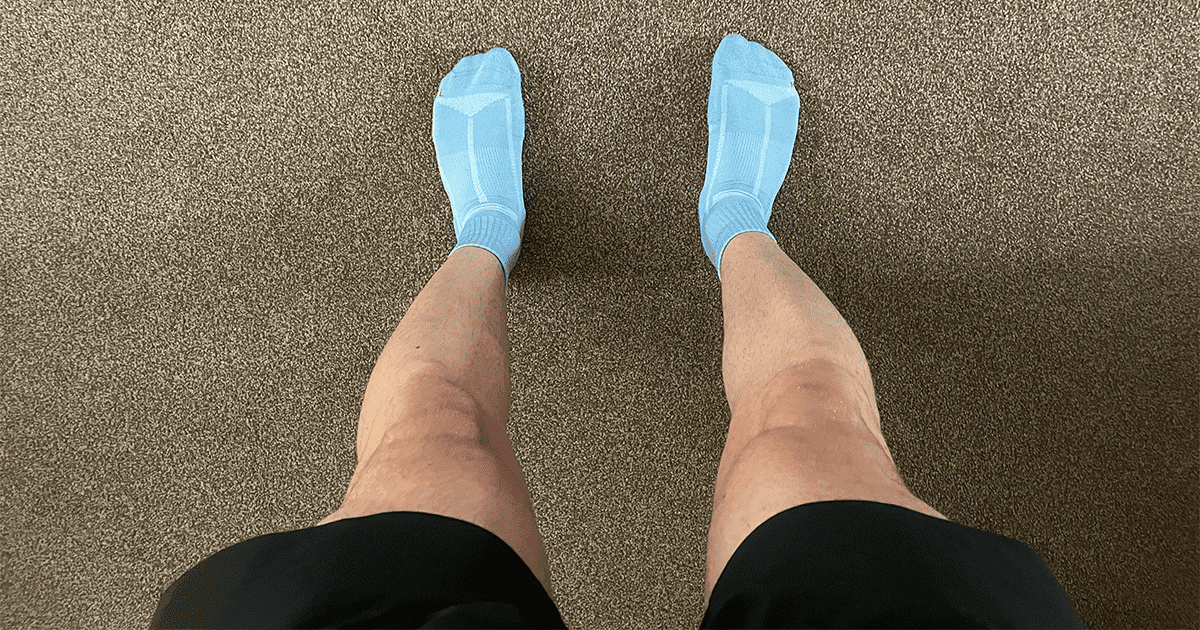Fasted running: What are the benefits, and should you try it?
We tackle the subject of fasted running, the benefits, whether it’s any good for weight-loss, and if you should try it yourself.

Fasting is where you refrain from eating food and/or consuming beverages for a set amount of time. Naturally, we all fast throughout the night; however, some individuals choose to fast slightly longer, perhaps until mid-day until they have their first meal.
The scientific evidence surrounding fasting is early-on, with more research required specifically into running fasted and whether or not it’s any better than running after a meal for weight-loss – a hot topic in the world of fitness.
This article will discuss fasted running, the benefits and downsides, whether it’s any good for weight-loss, and what the current science has to say about the popular trend.
Why do people choose to fast before running?
The main reason many runners choose to fast before running is to lose weight, or at least that’s what we’re told, and they believe. Others do it for performance benefits, and some because they don’t have the time or can’t be bothered eating before a run first thing in the morning. And understandably so too, especially if it’s super early. Who would want to shovel down a bowl of porridge at five in the morning?
To further understand why people choose to abstain from eating before running, we need to explain both the benefits and downsides of running on an empty stomach.
Fasted running benefits

Let’s begin with the benefits of waking up that little bit earlier and skipping breakfast before running, or at least putting it off until a little later.
Benefits include:
- Increased mitochondria
- Ability to convert to fat as the main fuel source during exercise
- Improved insulin regulation
Increased mitochondria
Mitochondria, commonly referred to as “the powerhouse of the cell’ is responsible for energy production in the body. As a runner, the more mitochondria you have, the more energy you can produce, e.g. being able to run further and faster without getting tired as quickly. This is a natural biological adaption and response to training, but fasting may increase your mitochondria count further, at least according to this 2020 study.
If you’re looking for the competitive edge, throwing in the odd fasted run into your training schedule may work wonders – it’s definitely something to consider, at the very least.
Ability to convert to fat as the main fuel source during exercise
When we run or exercise, our primary source of fuel is glycogen. Glycogen is a result of all the carbohydrates and sugar we eat, turned into glucose. This energy source keeps our muscles fueled for exercise. Marathon runners often “carb load” before a race, making sure they have enough in their glycogen store to run the entire race, similar to a car running out of fuel if you don’t fill it up enough.
Although glycogen is the main fuel source in our body, we can also tap into another fuel source: fat. Fat is usually kept in reserve and only accessible once our glycogen stores are depleted. Therefore, by running early in the morning, you can tap into these fat sources near-enough immediately, using this energy source instead. Another 2020 study highlights that exercising fasted leads to increased weight loss and reduced body weight and body fat. However, this information should be taken with a pinch of salt as there are very few studies that report similar and consistent findings – the juries still out on that one we’re afraid.
Insulin regulation is improved
Insulin is a hormone produced by the pancreas in the body. The role of insulin is to turn your blood sugar into glucose, later stored as glycogen and accessed by the muscles. However, it’s not just running glycogen is used for either; it’s everyday activities, too.
If running fasted, though, your insulin regulation should improve. In theory, this should lead to greater fat loss and fat utilisation. Furthermore, improved insulin regulation lowers your blood sugar levels for consistent energy throughout the day. And yes, that means less napping!
So, not only can you potentially burn more fat and lose weight by running fasted, but you can also provide yourself with more energy throughout the day, allowing you to feel less tired. A win, win if we say so ourselves.
What are the disadvantages of running fasted?

Fasted running is not all sunshine and rainbows, however. There are also a handful of disadvantages, such as:
- Increased effort required
- Your recovery may be impacted detrimentally
- Muscle loss
Each of these will now be discussed individually.
Increased effort required
Running first thing in the morning without food, or running fasted at any other time of the day, likely means you’re going to have to increase your effort to sustain your usual pace. As your body cannot easily tap into its glycogen stores, you may feel a little sluggish and behind pace.
For this reason, it is not recommended to fast before hard sessions, such as interval training or tempo runs. Instead, if you are going to introduce fasted running into your training, do so for those easy or recovery runs, perhaps no more than thirty-minues or so.
Related: What are the 8 different types of running workouts?
Your recovery may be impacted detrimentally by fasted running
Without the appropriate nutrients, our bodies may struggle to recover as quickly after a run or race. If you do choose to fast, ensure to eat or consume a mix of both high-quality carbohydrates and protein immediately. This will reduce your recovery time and your risk of injury, so it’s super important not to skip this step!
Muscle loss
The final potential downside of running fasted is muscle loss and wastage. This is because although our bodies burn fat when our glycogen stores are running low, it can also use protein as an alternate source. If this happens, your muscles may begin to waste and reduce in size – this is something to look out for!
Fasted running tips
To help those who want to try this new trend, we’ve compiled a list of fasted running tips to help you on your way:
Run in the morning
It’s much easier to run fasted in the morning than it is any other time of the day. This is because we naturally fast through the night, instead not needing to restrict food intake for several hours throughout the day.
Don’t forget to recover immediately after your run
As your glycogen stores are depleted when fasted, your muscles cannot get the appropriate nutrients essential for recovery as quickly. Therefore, as mentioned previously, it’s critical to consume adequate carbohydrates and protein directly after exercise.
This will reduce your risk of injury, speed up recovery times, and increase your energy after your run.
Start out running fasted for your easy runs only
Finally, it’s essential to start slowly! Only run your slow and easy runs in a fasted state, to begin with, getting a feel for the empty stomach, fat-burning alternative to regular running.
Once you’re comfortable running for thirty-minutes, you can also run the occasional fasted long-run (no more than two a month, ideally). Running in a fasted state for a long run teaches your body to use fat more effectively, running in a more efficient state. This will also teach you to run when feeling tired and sluggish, something you can draw upon in your next race.
To conclude

Fasted running may help promote weight loss, alongside improved insulin regulation and increased mitochondria in the body. However, fasted running is not for everyone and the current scientific evidence is lacking – more data is required to make claims, specifically whether or not fasted running is any better for weight loss than regular running after a meal.
So, take what you’ve read today with a pinch of salt, whether you try fasted cardio already or you’re looking to start. Oh, and don’t expect overnight results, but most importantly, you should listen to your body and do what’s best for you. After all, no two runners or people are the same.

Matthew is a lifelong runner, chief tester of all products, the founder of Running101, and freelance content writer for active brands. When he’s not writing, he enjoys lifting weights, cycling in the Lake District, and watching fast cars drive in circles on a Sunday. He also has a BA in sport, exercise and physical activity from the University of Durham.




